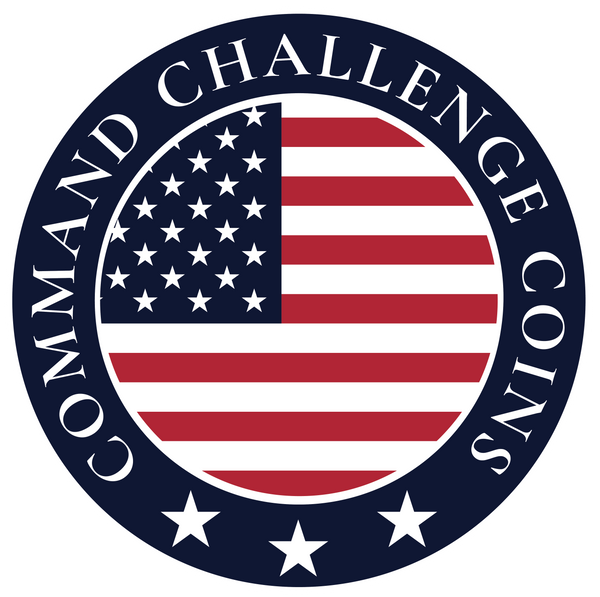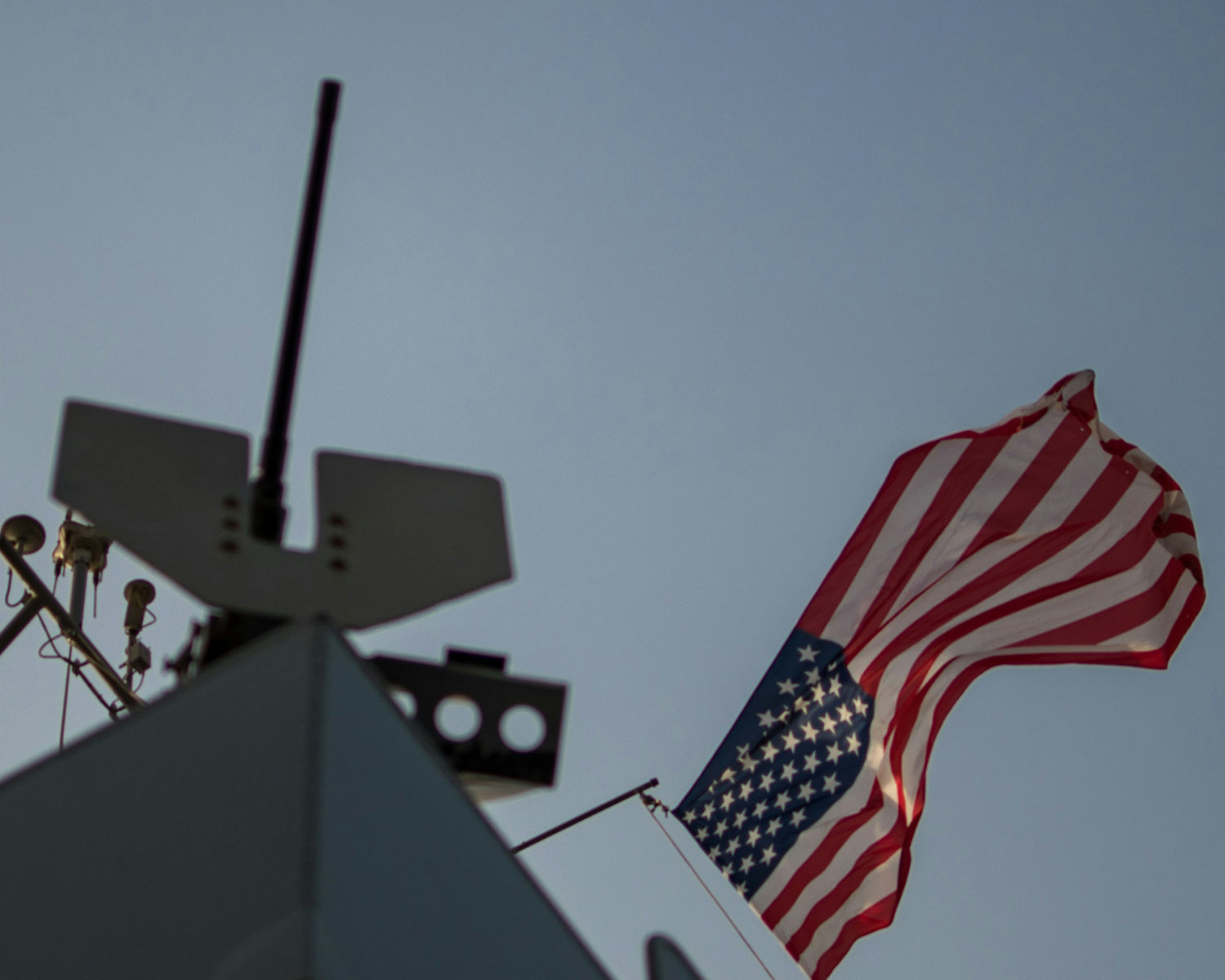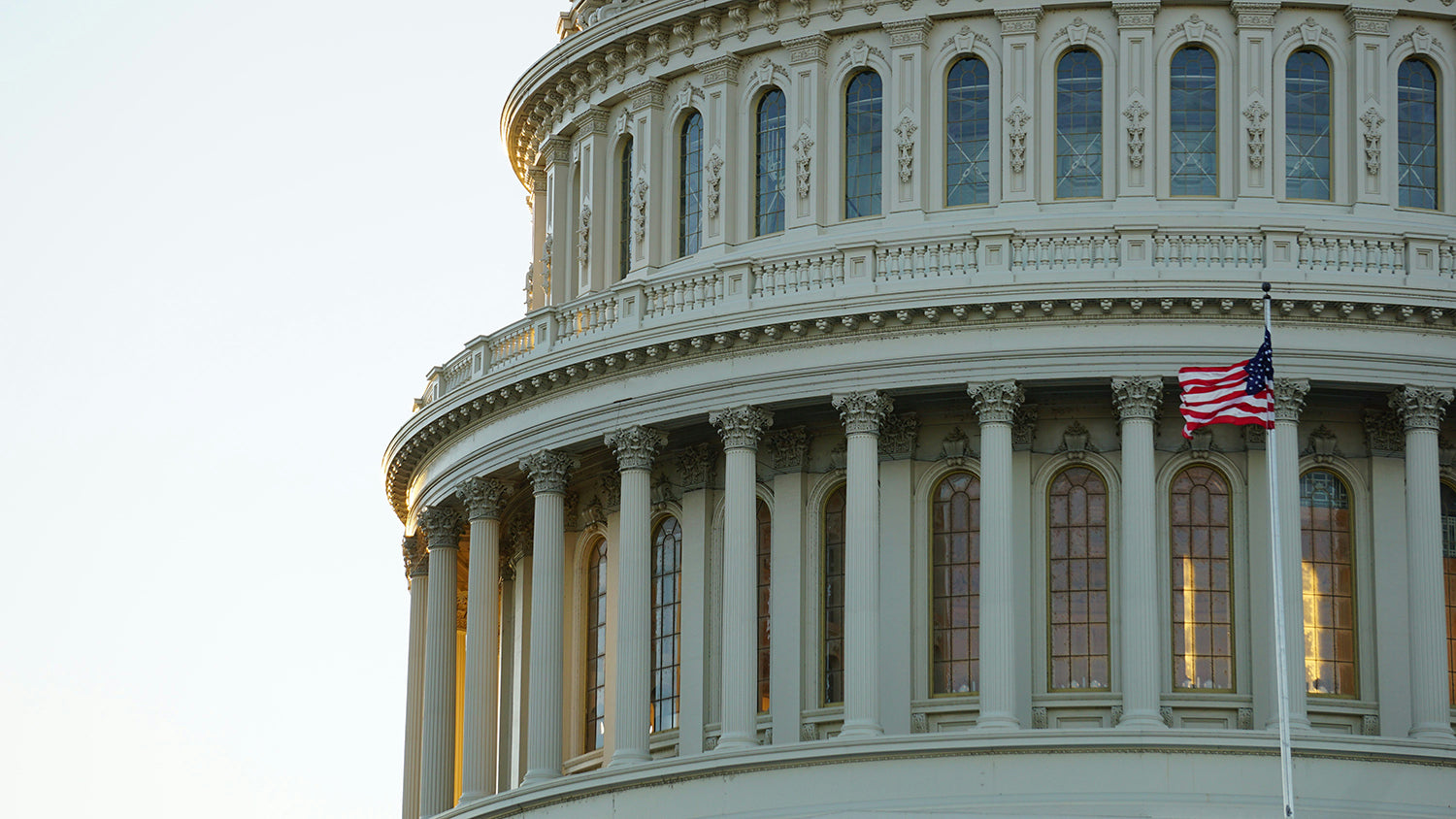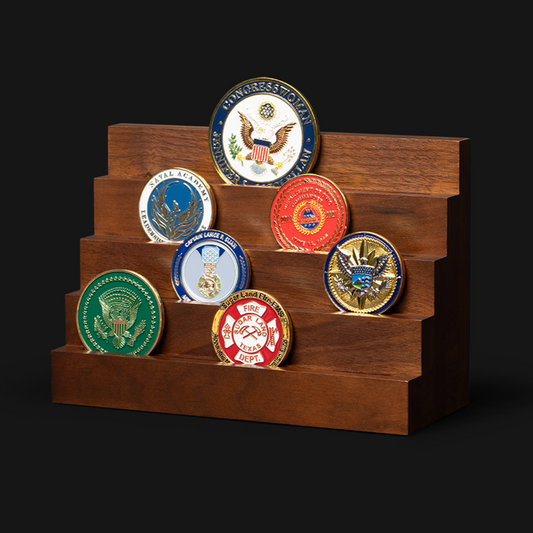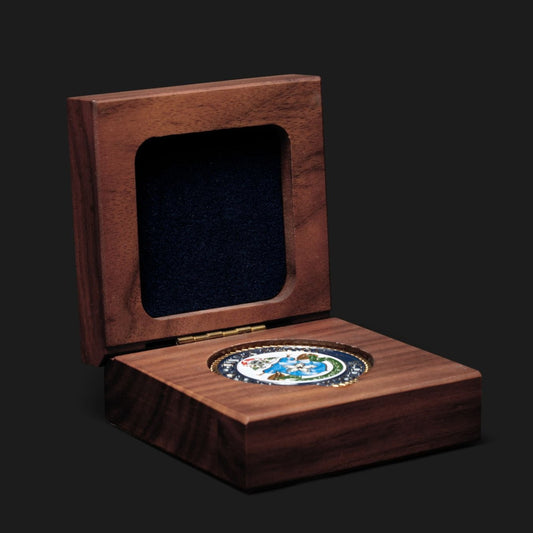
Presidents' Day 2025: When It Is and How to Celebrate
Capital Gifts LLCPresidents’ Day is a moment to reflect on the leadership and legacy of those who have shaped the United States. Originally established to honor George Washington’s birthday, the holiday has become a broader celebration of all U.S. presidents, recognizing their contributions to the nation’s history, governance, and democratic values. Observed on the third Monday of February, Presidents’ Day serves as an opportunity for education, civic engagement, and national pride. Whether through visiting historic sites, learning about past leaders, or participating in community events, Americans can use this day to deepen their understanding of the presidency and its enduring impact.
What Is Presidents’ Day?

Presidents’ Day is a federal holiday in the United States that honors the nation's past leaders, particularly George Washington and Abraham Lincoln. While originally established to recognize Washington’s birthday, the holiday now celebrates all individuals who have served as the country’s chief executive. Recognized on the third Monday of February, it provides an opportunity to reflect on the contributions of those who have shaped the nation’s history.
Although widely associated with sales and extended weekends, Presidents’ Day carries deeper historical significance. It serves as a reminder of the values and leadership principles that have defined the presidency over centuries. Schools, historical institutions, and government organizations often use this time to educate the public about the legacy of American presidents and their impact on the country’s governance, policies, and democratic traditions.
When Is Presidents' Day 2025?
Presidents' Day 2025 falls on Monday, February 17. The holiday is observed on the third Monday of February each year, following the guidelines of the Uniform Monday Holiday Act, which was enacted to provide more three-day weekends for workers. While the date of the holiday changes annually, it always remains between February 15 and February 21.
Since it is a federal holiday, most government offices, banks, and schools will be closed in observance. Many businesses take advantage of the long weekend with promotions and discounts, making it a well-known time for shopping events. However, the day’s significance extends beyond retail sales, as it remains a moment to reflect on the presidency and the leaders who have shaped the nation’s course.
Why Do We Celebrate Presidents’ Day?
Presidents’ Day serves as an opportunity to honor the leadership and contributions of the nation’s commanders-in-chief. Originally established to commemorate George Washington’s birthday, the holiday has expanded over time to recognize the broader role of the presidency and its influence on American history. The observance encourages reflection on the principles of democracy, governance, and national unity.
The holiday also acknowledges the leadership of Abraham Lincoln, whose birthday falls in February. While some states previously observed Washington’s and Lincoln’s birthdays separately, Presidents’ Day now serves as a collective tribute to all U.S. presidents. Public institutions, schools, and historical organizations use this occasion to educate citizens on the challenges, decisions, and legacies of past presidents, reinforcing civic engagement and appreciation for the country’s democratic foundations.
Historical Origins of the Holiday

Presidents’ Day has its roots in George Washington’s Birthday, which was officially recognized as a federal holiday in 1879. Over time, its observance shifted, leading to the modern version that celebrates multiple presidents. The shift was largely influenced by legislative changes and evolving public recognition of other significant figures in American history.
The Establishment of Washington’s Birthday
The original holiday honored George Washington, the nation's first president, and was observed on February 22, his actual birth date. Washington’s leadership during the American Revolution and his role in shaping the presidency made him a figure of national reverence. Congress officially designated his birthday as a federal holiday in 1879, ensuring government recognition of his contributions to the nation.
The Uniform Monday Holiday Act and the Shift to Presidents’ Day
In 1968, Congress passed the Uniform Monday Holiday Act, which moved several federal holidays to Mondays to create more three-day weekends for workers. This legislation shifted the observance of Washington’s Birthday to the third Monday in February, starting in 1971. While the federal designation remained "Washington’s Birthday," the broader public began recognizing it as Presidents’ Day.
The Inclusion of Abraham Lincoln and Other Presidents
Abraham Lincoln’s birthday, February 12, was celebrated separately in some states but was never a federal holiday. As the public started associating the third Monday of February with multiple presidents, businesses and state governments began referring to the day as Presidents’ Day. The term gained popularity throughout the late 20th century, leading to the modern recognition of the holiday as a tribute to all U.S. presidents rather than one individual.
State vs. Federal Observances

The main difference between state and federal observances of Presidents’ Day lies in how the holiday is officially recognized and celebrated across the country. While the federal government continues to designate the holiday as Washington’s Birthday, individual states have adopted their own interpretations and naming conventions.
At the federal level, the holiday remains dedicated to George Washington and is officially recognized as Washington’s Birthday under U.S. law. Federal offices, post offices, and most banks close in observance. However, there is no official federal designation of Presidents’ Day, meaning celebrations or recognitions beyond Washington’s legacy vary by location.
At the state level, observances differ based on local laws and traditions. Some states officially name it Presidents’ Day, honoring both Washington and Lincoln, while others broaden the scope to celebrate all U.S. presidents. For example, Arkansas recognizes it as George Washington’s Birthday and Daisy Gatson Bates Day, honoring a civil rights leader. In Alabama, the holiday is designated as George Washington and Thomas Jefferson’s Birthday, excluding Lincoln. These variations highlight the diverse ways states choose to recognize historical figures.
Retail promotions, educational programs, and community events further shape how the holiday is observed outside of official government designations. While federal offices close, state government operations and local businesses may follow different policies depending on regional traditions.
Ways to Celebrate Presidents’ Day
Presidents’ Day provides an opportunity to reflect on the nation’s history while participating in various activities that honor past leaders. Many communities, schools, and organizations hold events that highlight presidential achievements, while individuals take advantage of the long weekend to engage in meaningful celebrations.
Visit National Monuments and Historic Sites
Many historical sites related to past presidents offer special programs on Presidents’ Day. Mount Vernon, the home of George Washington, and Springfield, Illinois, where Abraham Lincoln spent much of his life, host events to educate visitors on their legacies. Presidential libraries across the country also provide exhibits and interactive experiences that explore the leadership and policies of past presidents.
Participate in Educational Activities
Museums, schools, and libraries often organize activities focused on the history of the presidency. Events such as reenactments, public lectures, and documentary screenings offer a deeper understanding of how different leaders shaped the country. Online resources, including archives and virtual museum tours, provide additional ways to explore presidential history from home.
Attend Community Events and Parades
Many cities host parades, public ceremonies, and patriotic gatherings to mark the occasion. These events often feature historical reenactors, military bands, and public readings of famous presidential speeches. Some states hold official celebrations that highlight the accomplishments of specific presidents recognized in their local observances.
Explore Presidential Writings and Speeches
Reading famous speeches or autobiographies from past presidents offers insight into their leadership styles and the challenges they faced. The Gettysburg Address, Washington’s Farewell Address, and Franklin D. Roosevelt’s Fireside Chats remain some of the most influential political messages in U.S. history. Many libraries and online archives make these documents accessible to the public.
Collect a Presidential Challenge Coin
Challenge coins have long been used to commemorate service, leadership, and historical achievements, making them a meaningful way to honor Presidents’ Day. Collecting a presidential challenge coin—whether featuring a specific president, the Great Seal, or other patriotic symbols—offers a tangible way to celebrate the holiday and appreciate the legacy of American leadership. These custom coins serve as keepsakes that reflect history, honor tradition, and recognize excellence in civic duty and public service. Whether adding to a collection or gifting to a history enthusiast, a presidential challenge coin is a distinguished way to mark the occasion.
Support Civic Engagement and Public Service
Presidents’ Day serves as a reminder of the responsibilities of citizenship. Volunteering, engaging in community service, or supporting initiatives that promote civic education align with the values emphasized by many past presidents. Some organizations use the holiday to encourage voter registration or host discussions on leadership and democracy.
Presidents’ Day blends historical reflection with modern observance, allowing individuals to recognize the impact of past leaders while participating in events that foster civic awareness. Whether through educational experiences, public celebrations, or personal study, the holiday offers meaningful ways to engage with the nation’s history.
Honor excellence with custom-crafted challenge coins and commemorative awards. Command Challenge Coins specializes in high-quality, precision-designed products that celebrate service, leadership, and achievement. Whether recognizing military service, professional milestones, or civic contributions, our custom solutions ensure every detail reflects distinction. Explore our offerings and create a lasting tribute with unmatched craftsmanship.
Key Takeaways
- Presidents’ Day originated as Washington’s Birthday before expanding to honor multiple U.S. presidents.
- The holiday is officially observed on the third Monday of February each year.
- Some states recognize the day as Presidents’ Day, while others continue to observe it as Washington’s Birthday.
- Many Americans celebrate by attending educational events, visiting historical sites, and participating in civic programs.
- The Uniform Monday Holiday Act shifted the holiday’s date to create a three-day weekend, making it a federal holiday with closures for most government offices.
Common Questions
What is the official name of Presidents’ Day?
The federal government recognizes the holiday as Washington’s Birthday, not Presidents’ Day. However, many states and businesses refer to it as Presidents’ Day to honor multiple leaders, including Abraham Lincoln and other past presidents.
Why is Presidents’ Day always on a Monday?
Presidents’ Day falls on the third Monday of February due to the Uniform Monday Holiday Act, passed in 1968 to provide more three-day weekends for federal employees. This act also adjusted the observance of holidays like Memorial Day and Labor Day to fixed Mondays.
Do all states celebrate Presidents’ Day the same way?
States differ in how they recognize the holiday. Some officially call it Presidents’ Day, while others celebrate it as Washington’s Birthday or Washington and Lincoln’s Birthday. Certain states, like Alabama and Arkansas, include additional figures in their official observance.
Are government offices and schools closed on Presidents’ Day?
Since Presidents’ Day is a federal holiday, most government offices, banks, and public schools are closed. However, some private businesses and schools may remain open depending on local regulations and policies.
What are some traditional ways to celebrate Presidents’ Day?
Many Americans observe the holiday by visiting presidential landmarks, museums, and historic sites. Schools and institutions host educational events, reenactments, and discussions about past presidents. Community parades and civic programs also take place in various locations.

Discover the Honor Behind Every Coin
At Command Challenge Coins, we're not just creating tokens; we're forging symbols of achievement, unity, and recognition. Our commitment to excellence is mirrored in every meticulously crafted coin, embodying the values and stories of those who carry them. From the rich history embedded in military traditions to the contemporary applications across various sectors, challenge coins represent more than just metal—they symbolize a legacy of honor and camaraderie.
Have a design in mind or need guidance on creating your unique challenge coin? Get a free quote today to consult with our specialists.
